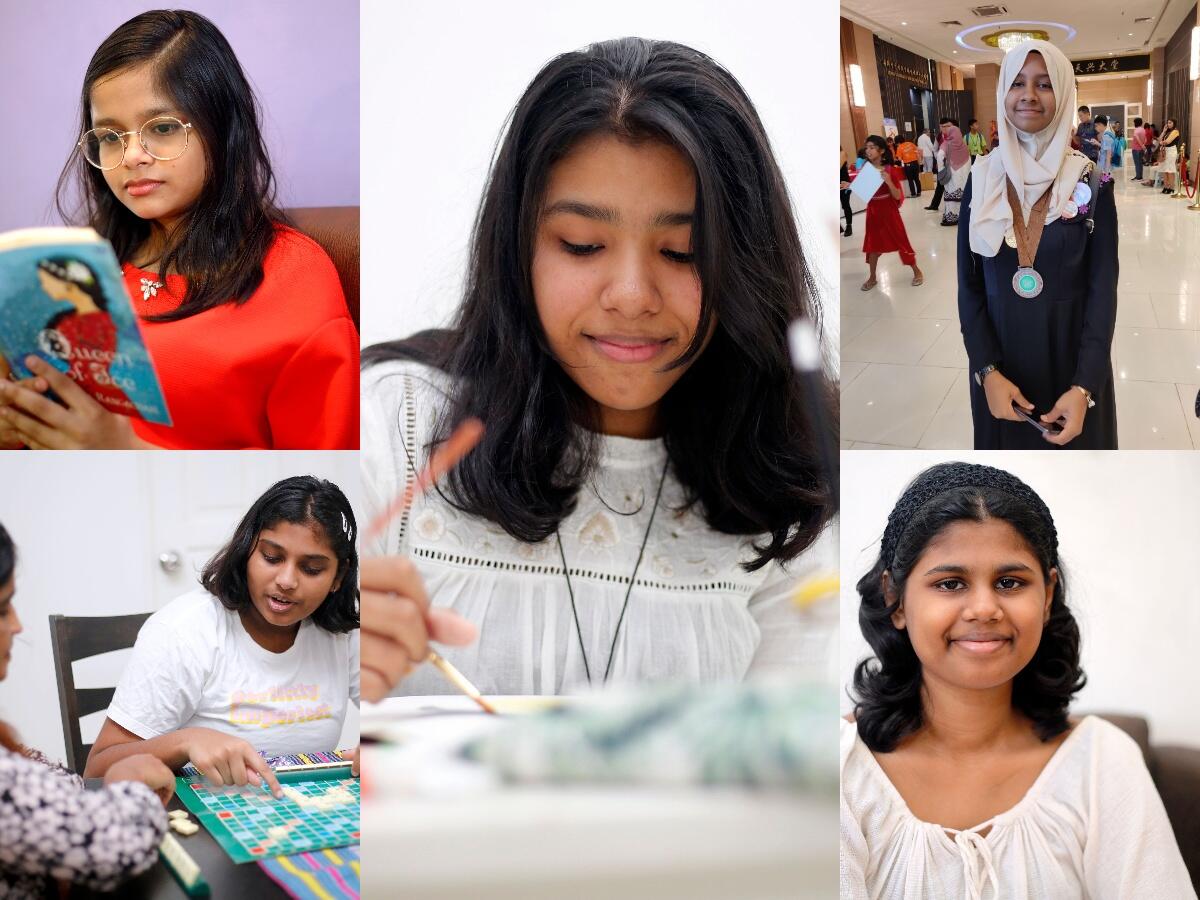The Choice is Yours…
But choose after you research!
Back in 2016, Feynaa, then just 11 years old, wrote a letter to the Minister of Education speaking about wanting to become a teacher in Mathematics.
Now, as a 14-year-old girl in the 9th grade, Feynaa has changed her ambition into a field that is more applied, i.e., interior design. “I have realized that Mathematics is quite hard for me. So I changed my field to become an interior designer.”
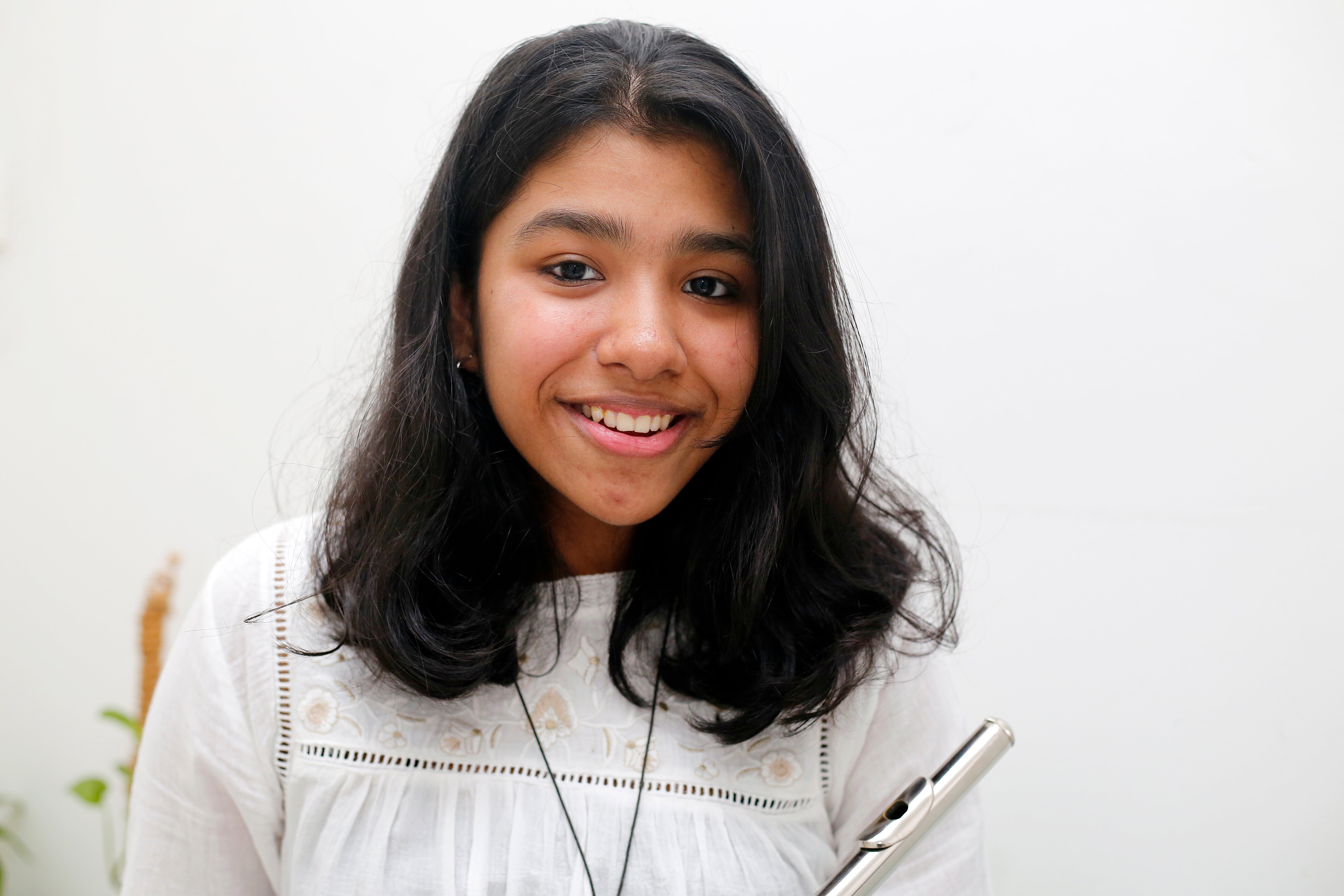
Mainstreaming gender into interior design is one of the most important functional aspects of architecture and engineering, as having a one-dimensional view of practicality can lead to simpler but frustrating problems with issues in accessibility, to potentially hazardous situations.
While the number of female graduates in the field of interior design is much higher, it must be noted that over the span of 40 years, 65 percent of the Contract Designer of the Year winners have been male, and over the past 30 years, 75 percent of the Interior Design Hall of Fame members have been male.
It is no surprise then that this lack of female recognition results in a large number of women leaving the field. According to surveys, the industry starts out with 90 percent women graduates, dropping down to about 70 percent of practitioners and vendors who actually stay in the field, dropping down again to about 30 percent of actual leaders of firms, and dropping even further to less than 20 percent of leaders of product companies.
Speaking about the change in her field, Feynaa mentioned that she needed to do more research before settling on a field. “Do a bit of research before you choose your ambition!” she stated. While there isn’t any particular occupation that is more meritorious than the other, we must ensure that regardless of the sector or the field that a child chooses, guidance on career progression and valuation of productive work is done in a way that is empowering and free of stigmatization.
Balancing the Future
Beginning now, for a gender-balanced future.
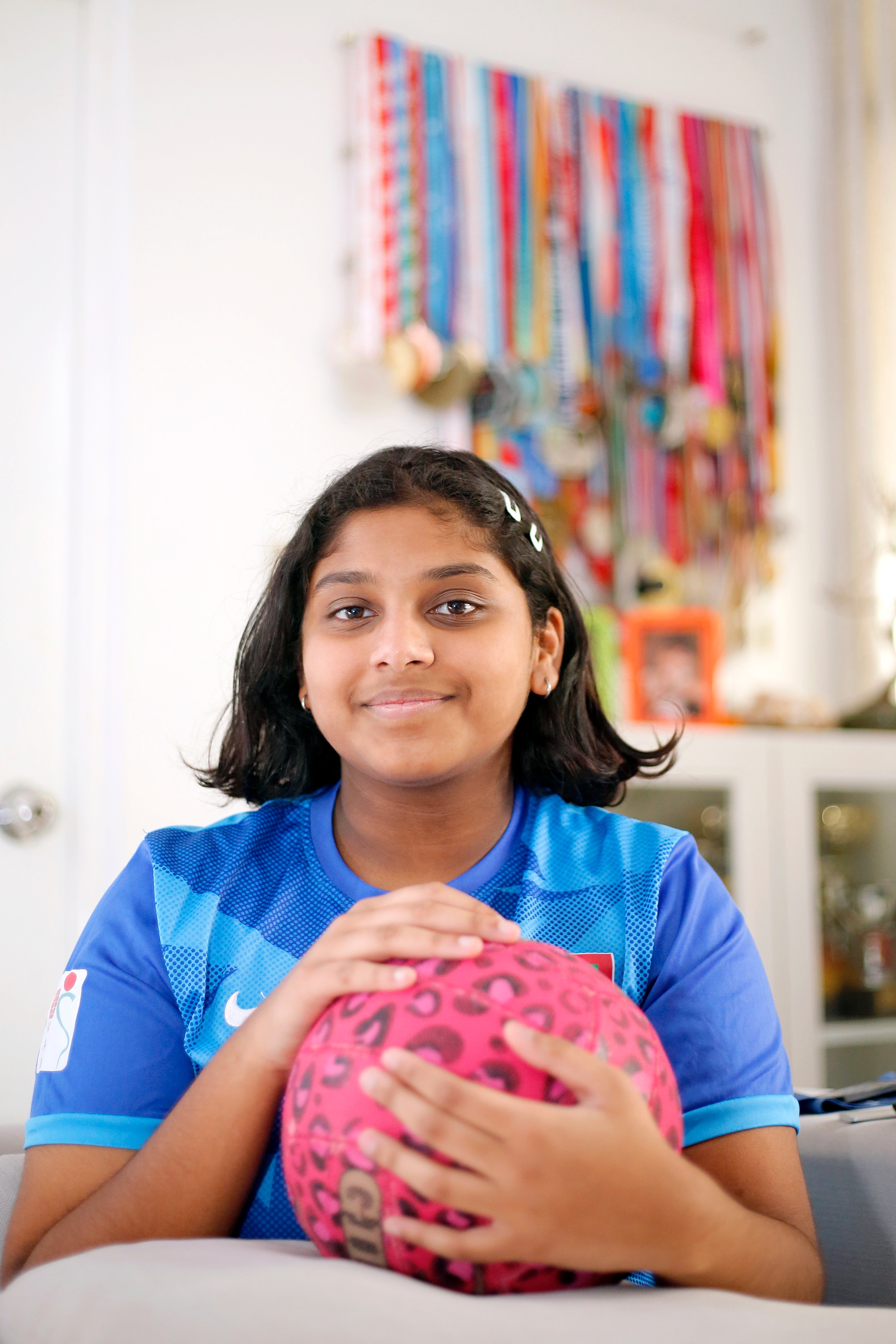
At the age of 10, Ahlaa wrote to the Government of Maldives asking them for help in reaching her goal of becoming a chef. Back then, Ahlaa had dreams of becoming a restaurant owner, and benefiting the community as someone who provides hearty, pleasant meals. Now, at age 13, Ahlaa has a broader perspective.
“Becoming a chef and owning a restaurant is something that I still want to do, but I have decided to become a doctor,” she said, adding, “as a neurosurgeon, specifically.”
In the field of medicine, the gender pay gap is at 11% even after occupation and work hours are accounted for. Following the theme of “My Voice, our Equal Future” of the International Day of the Girl Child of 2020, it becomes an urgent need for review and corrective action on the previous models of remuneration.
“My dream is to become something that not many women do,” says Ahlaa. Always active in her pursuits, Ahlaa spent her time during the COVID-19 pandemic baking and learning new techniques of making dishes, while also catching up with studies.
“I do spend time socializing with my friends online,” she says. It is important to have a strong support network not only during a pandemic, but also in the course of normal human development. Empowering girls not only with knowledge and support, but also through necessary social connections is part of the advocacy around the IDG.
“Studying online is harder now, but it is a challenge that I am going through in order to reach my dreams,” said Ahlaa, reflecting on the changes in the way we interact in the New Normal after the pandemic.
Ever hopeful, the future generations of the world are being trained in resilience through practical means at the moment through the pandemic, and it is up to the world to ensure that they are nurtured well, in order to take on the challenges of the modern world.
For Humanity and Understanding
Reaching out to help others
Ibaa is a 13 year old girl who had held on to the aspirations of practicing medicine since she was in grade five. In 2017, she wrote a letter to the Minister of Education of the Maldives expressing her concerns and dreams.
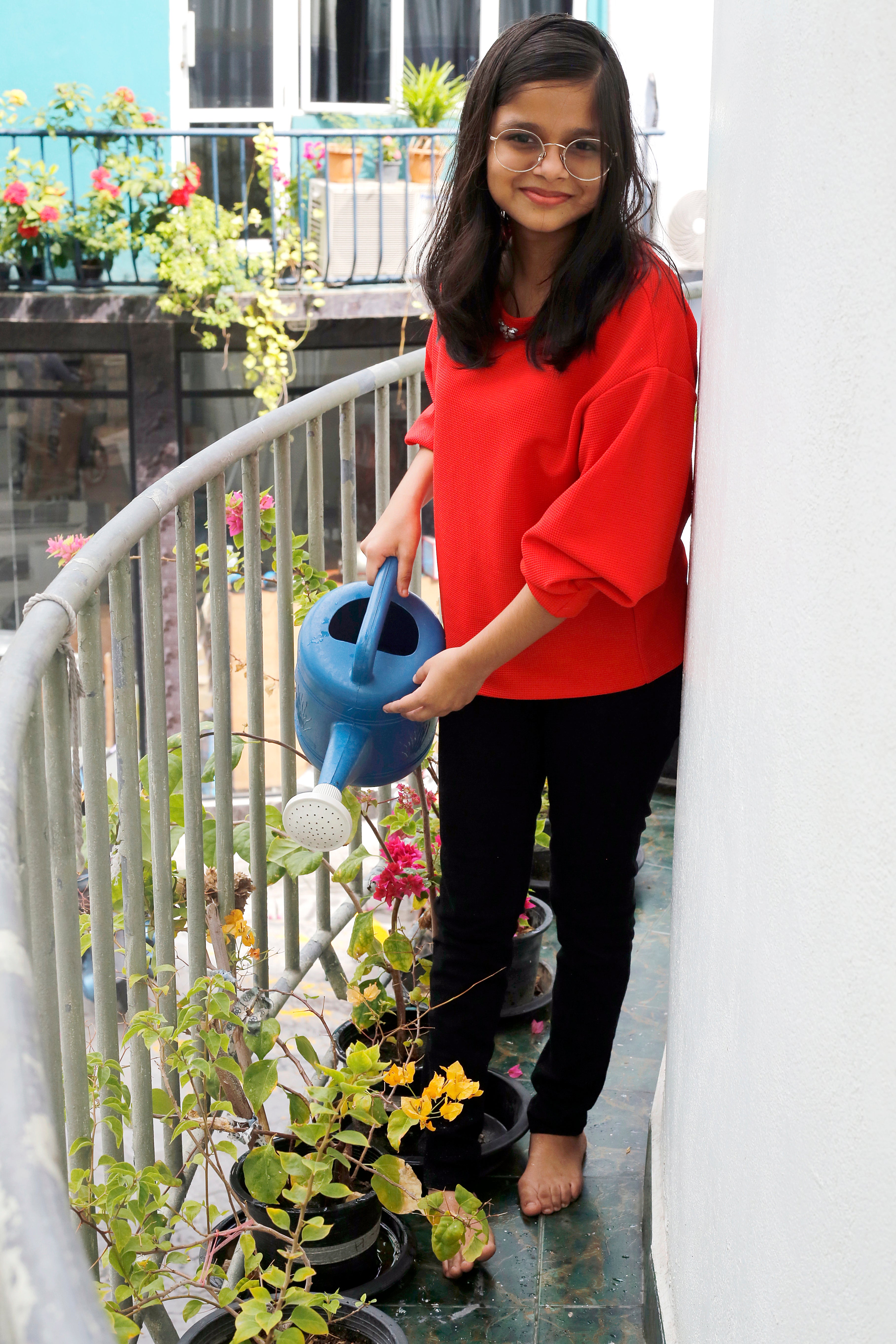
In Asia, the field of medicine has always been highly competitive. While the developing world requires all the help it can get, it is up to the youth to make that choice of selecting the correct base subjects, and it is up to educators to identify and guide talented children towards the field.
“I have always wanted to become a doctor. To be exact, I wanted to be a clinical psychotherapist. I have researched the topic and read multiple papers on it. In order to achieve my ambition, at this stage I have decided to study the science stream which will make it easy for me to study my desired field in future,” says Ibaa
At the moment, Ibaa is still in grade 8. She says she has decided to take the science stream in preparation for the ‘O’ levels, starting next year.
She is hopeful in achieving high marks, despite the disruption by the pandemic. In the Maldives, studies were on hold for a few months and were resumed through online systems.
“The pandemic had a vast effect on my daily life and routines,” she said. “I haven’t really been able to be in contact with most of my friends. Since some even left school and returned to their islands our contact has been lost. This saddens me the most.”
Ibaa feels that studying has become quite challenging. “Sometimes we have difficulties in signing into the online classroom due to bad connections. Even when signed in the connection gets so slow that I am unable to understand what the teacher is explaining or showing. Parts of speech or video gets lost and sometimes gets totally disconnected and will have to reconnect again.”
Yet, Ibaa is meeting the challenges head on. “I have noticed that our usual process of studying has tremendously slowed down. I am aiming to catch up on lost lessons once we can resume normal classes at school.”
The International Day of the Girl Child is just one of the global initiatives that advocate for the inclusion of girls in reaching productive goals that contribute to national and regional development.
A World of Endless Wonder
Dreaming to explore
Raya is 13 years old and has had dreams of becoming a scientist at NASA since she was 10. She shared her ambitions in a letter she sent to the Minister of Education of the Maldives in 2017.
Over the years, Raya’s perspectives have changed to the noble profession of becoming a doctor. “I would like to be able to help heal people,” she said.
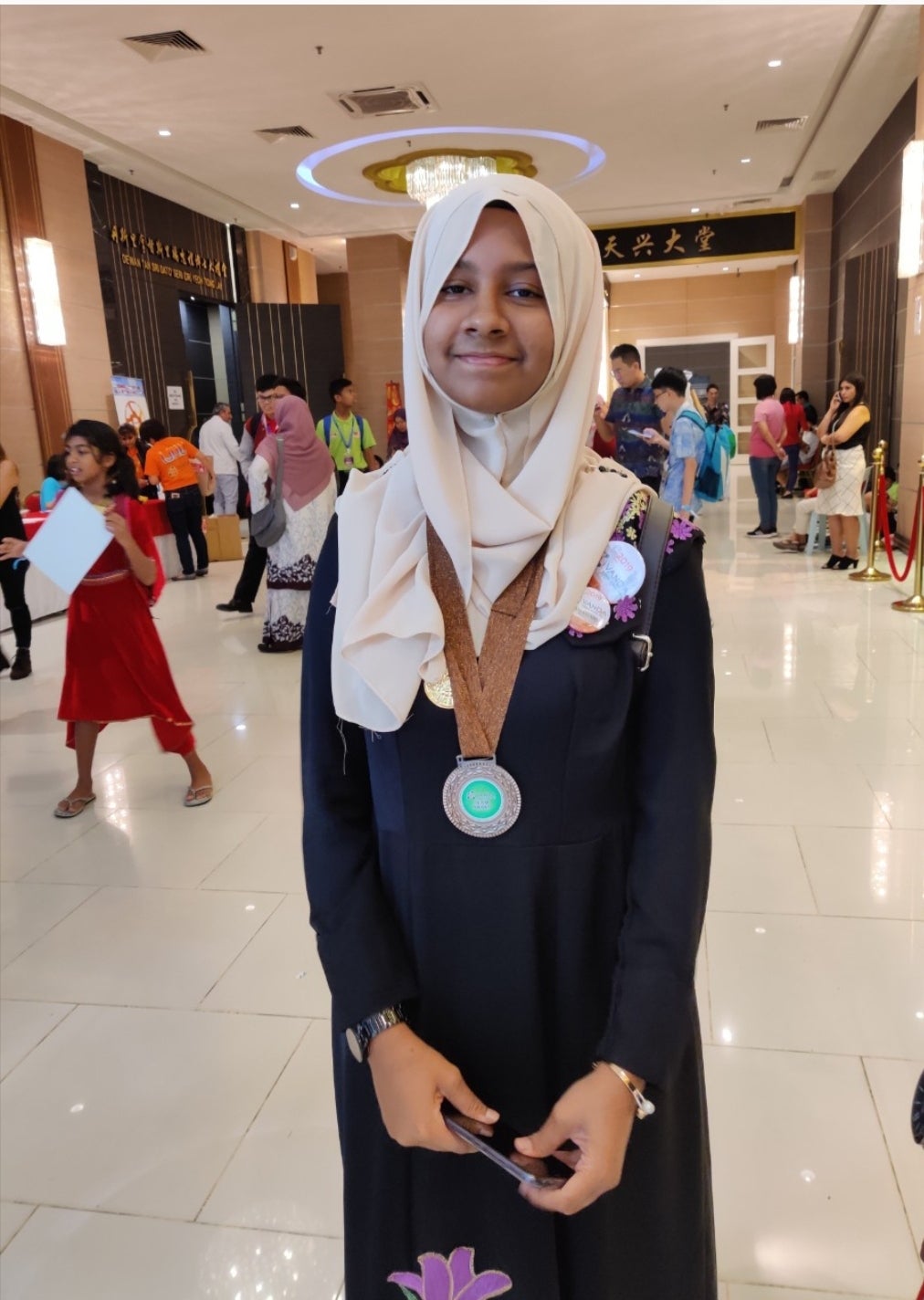
Education, equality and empowerment are the fundamental principles behind the message of the day, “My Voice, our Equal Future” of the International Day for the Girl Child of 2020, it is important to note that even when occupation and work hours are accounted for, the gender pay gap is at 11%.
In order to empower motivated individuals like Raya, policy changes are imperative to bring about a positive change to the medical industry. At a crucial juncture such as this, i.e., the global COVID-19 pandemic, it is even more necessary that such changes be brought about as soon as possible.
In the letter that Raya wrote to the Minister, she eloquently says, “I always hear that men are getting more opportunities than women in each and every field, especially for the high posts. Since women are capable of doing everything that men do, women should be equally treated in the society.”
Equality and equal opportunities set examples to the younger generations, who are quite sensitive to the decisions and non-verbal cues that are norms in society. While a change in ambitions is quite understandable, it is important to nurture as many talents that a child displays, and for policy makers to clear the path to their ambitions.
The Aspiring Vet
Holding on to ambitions through a pandemic.
Lauha is a 14-year-old girl who has had the ambition of becoming a veterinarian since 2016. In her letter to the Minister of Education of the Maldives in 2017, Lauha expressed her wish to help become a veterinarian. She wants to become an expert in this field, so that animals in the Maldives get the right treatment for illnesses.
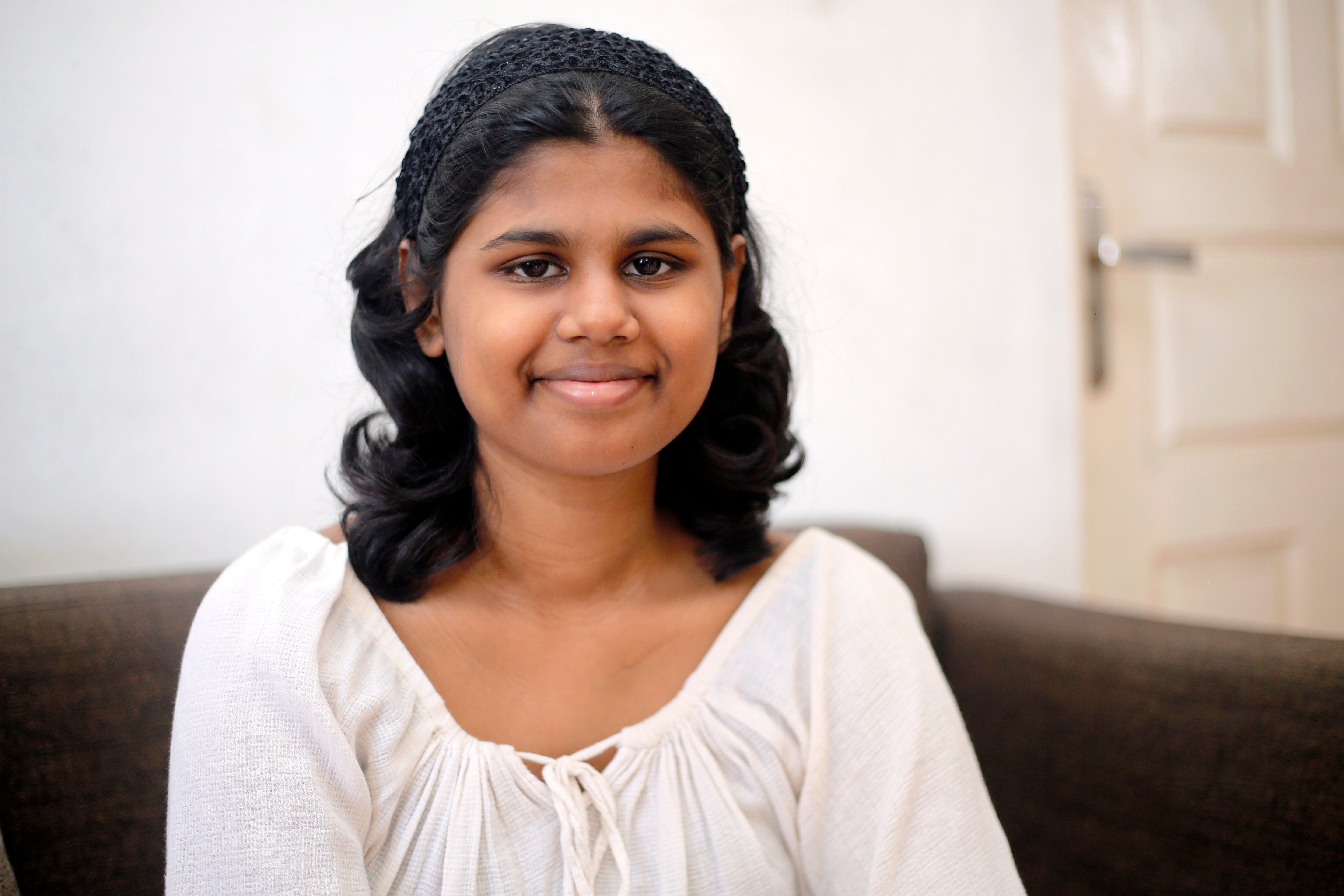
Veterinary services are not available in the Maldives on a permanent basis. As a result, a lot of animals do not get the right kind of treatment, and many suffer due to this.
In the United States, about 55% of veterinarians are women, while in UK, it is about 58%. In Asia, particularly the neighboring country of India, the profession has been by and large dominated by men until the turn of the decade. An essential expertise in a small country such as the Maldives, the field needs to be expanded and can be easily pioneered by the young people, with the proper support from government institutions and public-private-partnerships.
As part of the International Day of the Girl Child, it is important that we focus on building the right partnerships to provide equal opportunities for all genders.
Veterinary services can be essential not only for pets but also for livestock. The Maldivian cottage industry of poultry and goat farming would benefit from having young, determined persons like Lauha as experts in the field.
Lauha has been attending online classes since the pandemic started. Now in grade 9, she spoke about her experience through the pandemic. “Lessons have been a bit difficult to understand, but it is quite helpful to have them on Google Meet.” She says that it is a bit harder to socialize with her classmates too, due to the same reason, but has taken the challenge head-on, making sure that she balances her studies with her time online with her friends.
These stories shed light to the importance of a conducive environment during this challenging time under new normal in the Covid-19 pandemic. With the 2030 Sustainable Development Agenda as our guiding principle, we must ensure that girls are not left behind. UNFPA continuously advocates to ensure every young person's potential is fulfilled.

